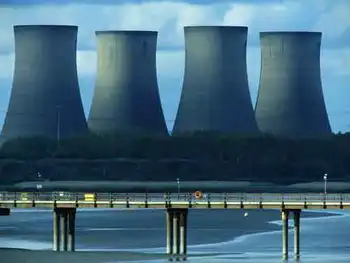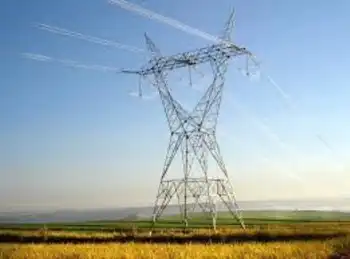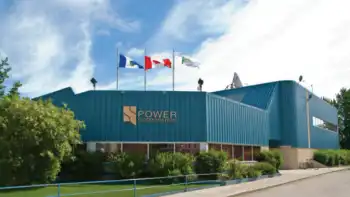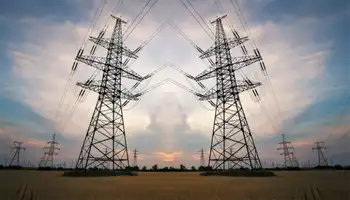UES generators can be sold for cash - Kremlin
BAKU -- - Kremlin chief of staff Alexander Voloshin, who heads the board of state power company Unified Energy System has said that UES generators could be privatised in share-swaps or for cash. "I think generating capacity can be bought for both cash and shares," Voloshin told reporters in Azerbaijan's capital.
"From a technical point of view, though, it's clear that these two genres can't be mixed when selling a single unit," Voloshin said.
The current plan is to form several national generating companies out of UES's biggest power plants, then privatise them by swapping controlling stakes for UES shares. That plan would favour the industrialists who already hold large stakes in UES. "The proportions (of the stakes) and the units (to be sold) are laid out in part in the five-year strategy for developing UES. But the government and the UES board will also have to settle these issues with the company's management," he added.
Russia's national electricity reform calls for the breakup of UES, which controls the national grid and the bulk of Russia's generators, and the privatisation of its power plants.
Under the plan, the government would gradually free up prices and launch an electricity market. The move is designed to mirror deregulation elsewhere and bring Russia's economy closer to that of Western Europe.
"The underpinnings of the strategy will not change," Voloshin said. "But if...the first stages of the reform of UES demand some changes, reasonable ideas should be discussed. There is no reason to be dogmatic." Voloshin was responding to criticism by Economic Development and Trade Minister German Gref, also a board member at UES, who said that tycoons who have bought up large stakes in UES were out to create "little monopolies" in generation.
He called for the circle of potential investors should be widened. Industrial groups MDM, a coal-to-banking consortium, and Basic Element, aluminium baron Oleg Deripaska's investment vehicle, have spent more than a year building up stakes in UES. Analysts believe the buy-up was at least partly motivated by plans to swap UES shares for power plants and they are now trading at a premium for future control of generation assets. Cash auctions would cast doubt on the magnates' ability to gain control of power plants and reduce the premium, they say.
"The swap scheme limits the circle of participants. The shareholders' interest is clear -- it sharply raises the capitalisation of their holdings. But this artificial increase isn't very healthy," Gref said.
Related News

Germany turns its back on nuclear for good despite Europe's energy crisis
BERLIN - The German government is phasing out nuclear power despite the energy crisis. The country is pulling the plug on its last three reactors, betting it will succeed in its green transition without nuclear power.
On the banks of the Neckar River, not far from Stuttgart in south Germany, the white steam escaping from the nuclear power plant in Baden-Württemberg will soon be a memory.
The same applies further east for the Bavarian Isar 2 complex and the Emsland complex, at the other end of the country, not far from the Dutch border.
While many Western countries depend on nuclear power, Europe's largest…




